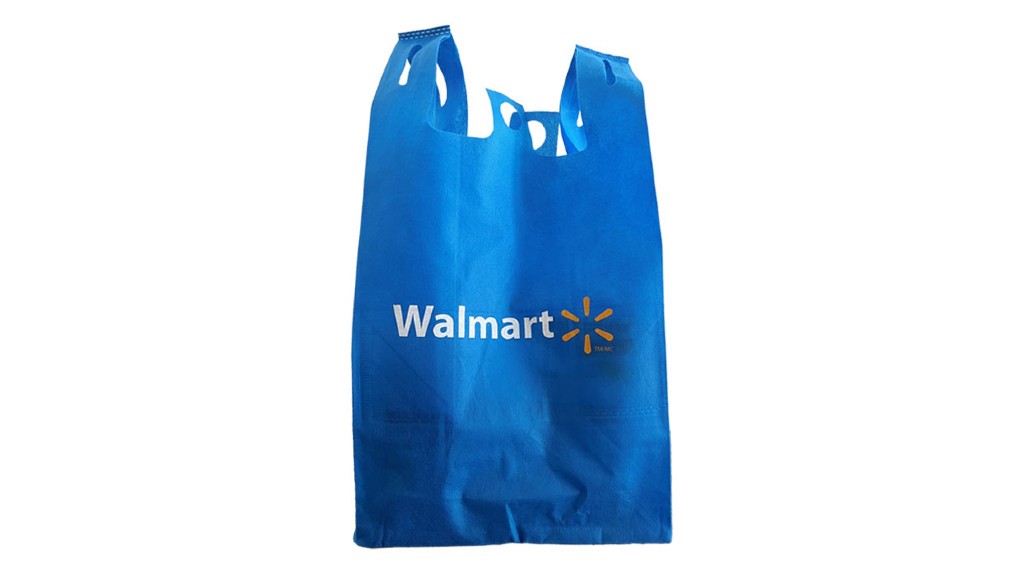ReCommunity Issues Nationwide Inbound Quality Alert
Non-conforming loads create safety, end-market performance challenges for industry
ReCommunity, a leading recycling and resource recovery company, headquartered in Charlotte, sees challenges on the horizon for the recycling industry if load safety and inbound quality does not meet commodity/end-market requirements.
“Unacceptable items—such as garden hoses, plastic grocery bags , diapers, needles and other medical waste, propane tanks, yard and food waste—expose industry employees to unsafe working conditions, lower productivity, increase disposal costs and reduce end-market material quality,” says Jeff Fielkow, ReCommunity Chief Sales & Marketing Officer. “Just a half-percent of contamination in a 20-ton load decreases the value of the entire load.”
Fielkow sees this as an industry-wide issue. Even though single-stream collection and processing has proven to be the most effective, efficient means of recycling, he says, the industry must remain committed to continuously improving education and outreach efforts targeted toward recycling behavior.
“Without the industry ramping up its efforts to improve load quality and reduce safety issues, the economics will force everyone to assess fees or reduce revenue-share with our partners for handling contaminated loads,” Fielkow says. “Together, the industry, with all of our partners, can improve the quality of the recycling stream and optimize the value for the entire recycling supply-chain.”
ReCommunity issued the Inbound Quality Alert to educate all its community partners on the need for load quality in the recycling stream.
“We are committed to actively engaging and educating our community partners,” Fielkow says. “This type of outreach, coupled with all the educational resources on our website—ReCommunity.com—fuels our community and education-focused mission.”
According to Sean Duffy, ReCommunity Chief Operating Officer, non-conforming materials in the recycling stream, such as garden hoses, propane tanks and hypodermic needles, create employee safety concerns, increase cost of operations and decrease value of recyclables and, unnecessarily, adds to an unacceptable carbon footprint to dispose of these unwanted materials.
“In other words, unacceptable items adversely impact quality, which negatively affect return on investment for all of us,” Duffy adds. “Education is the most effective way to enhance recycling participation because it creates recycling and service literacy in the community.”
“The more engagement a city has with its program users, the more everyone understands not just what we recycle, but why and how we ask them to recycle,” he says. “This improves overall recycling program performance.”


